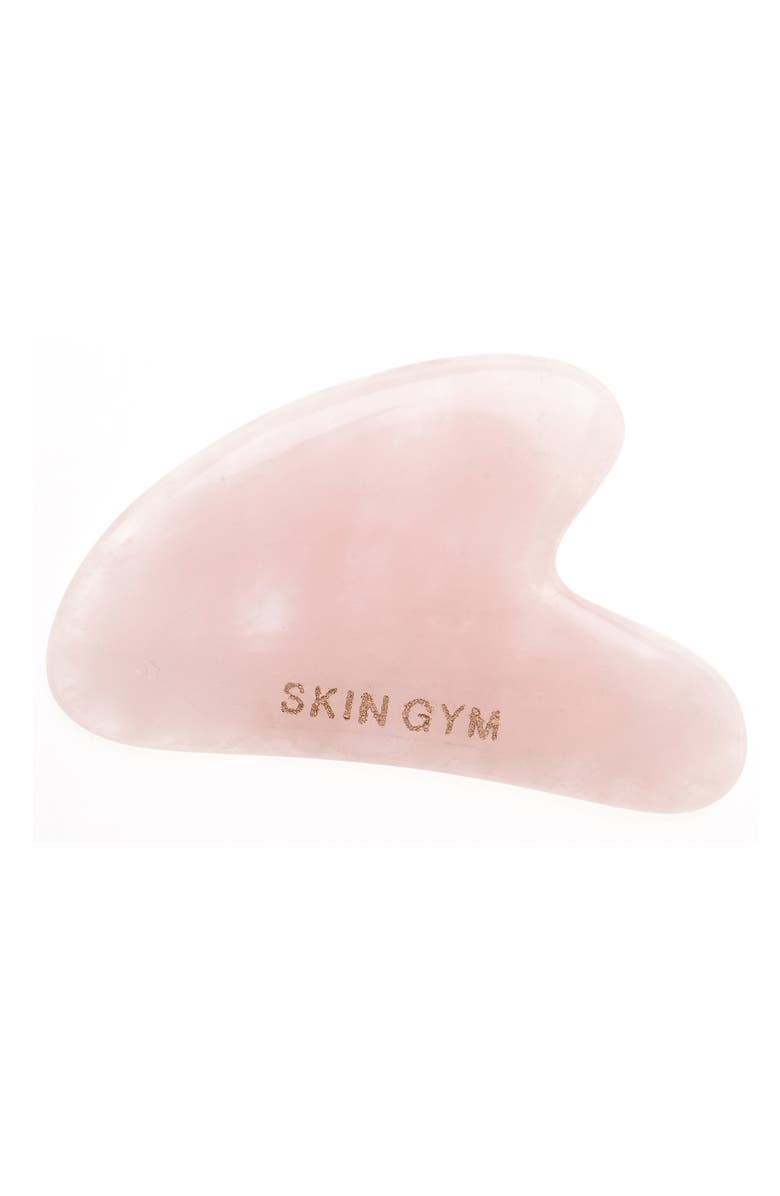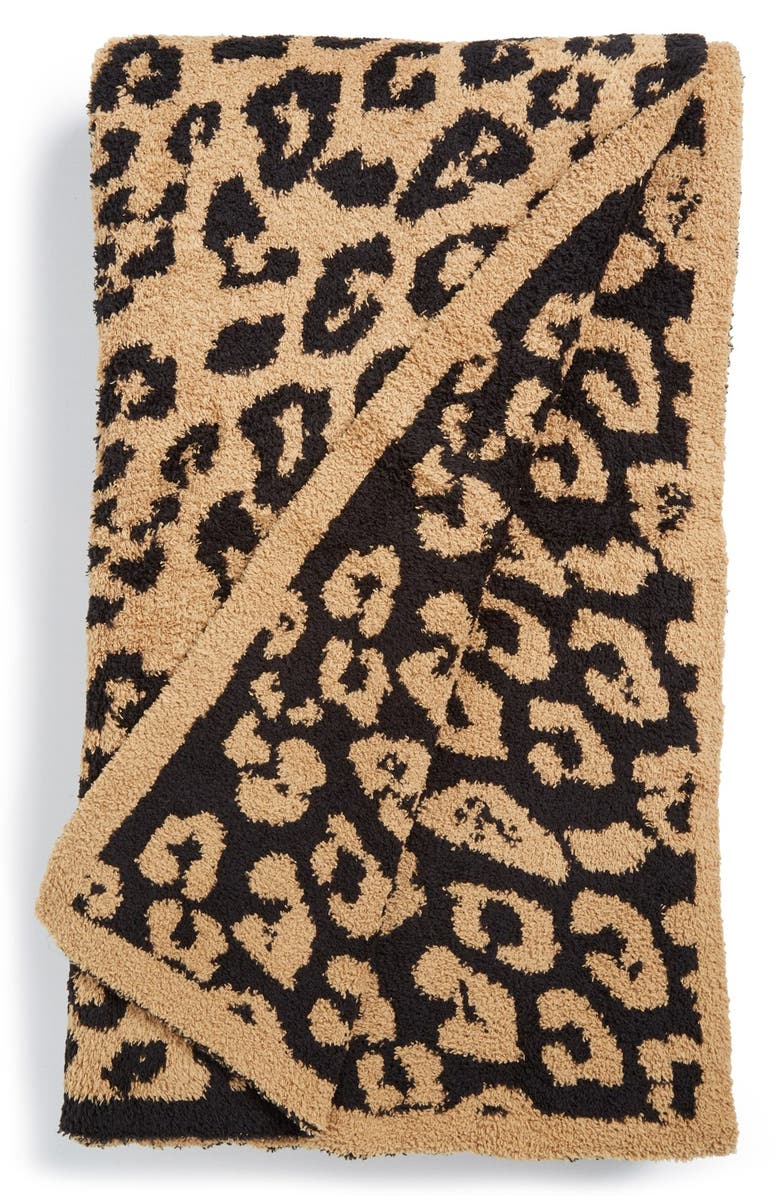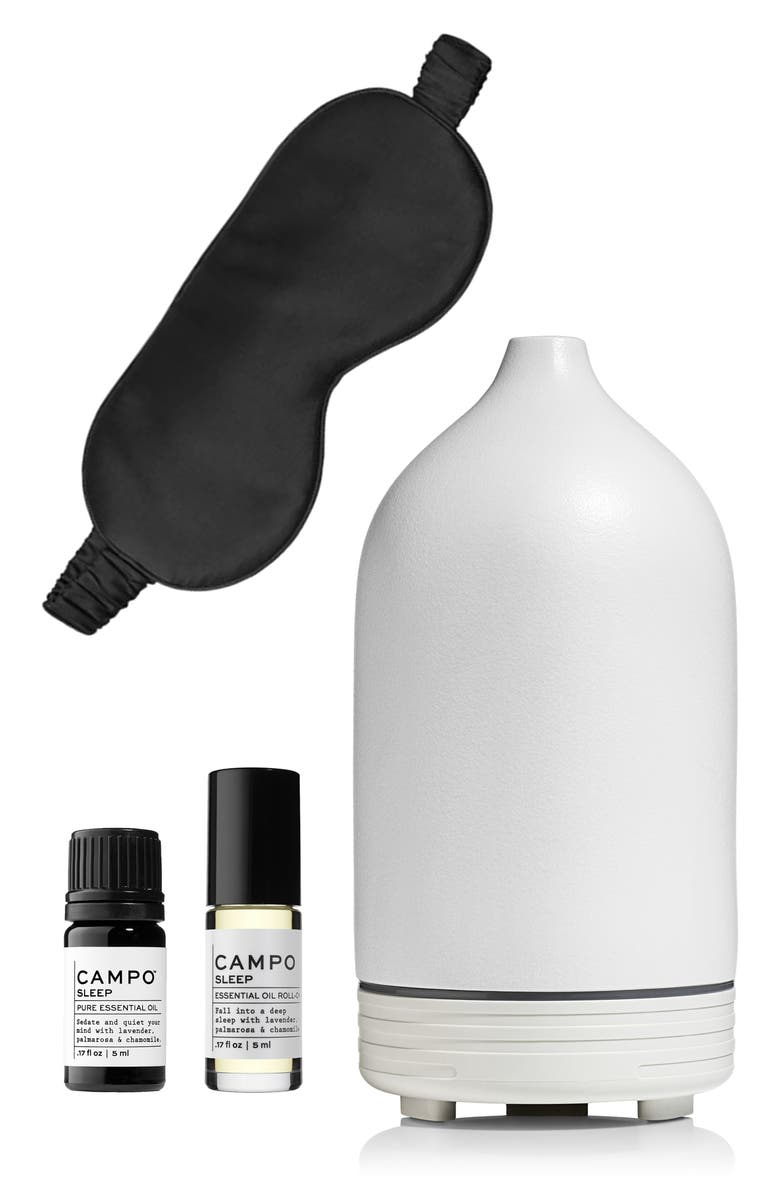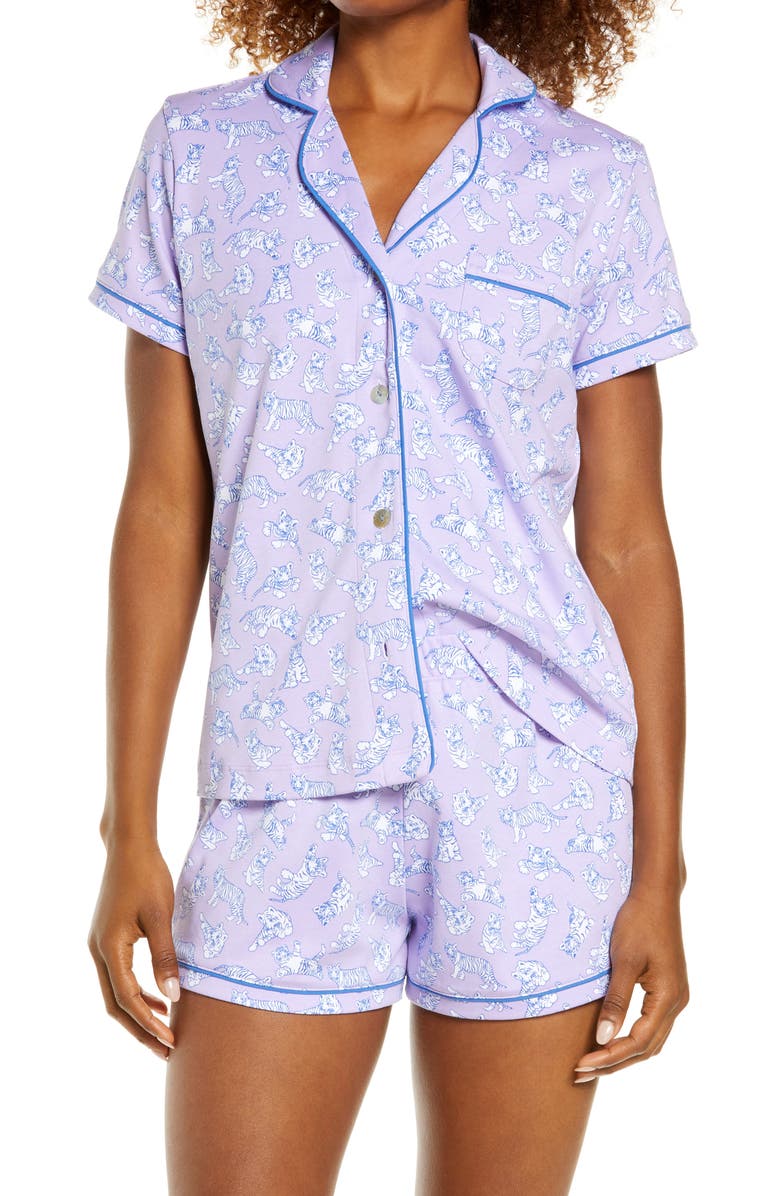I'm a Recent Acupuncture Convert—Here's Everything You Need to Know
- REVIEWS
- SEPTEMBER 21, 2021
I'm a Recent Acupuncture Convert—Here's Everything You Need to Know
by Lindy Segal
Table of Contents
- What Is Acupuncture?
- What Can Acupuncture Treat?
- What Are the Benefits of Acupuncture?
- What Are the Side Effects of Acupuncture?
- Who Is a Candidate for Acupuncture?
- What to Expect During Your First Session
- How to Find the Right Acupuncturist
About a year ago, I was in what you might call a "rut.” The pandemic was taking its toll on my mind and body, and I needed some sort of relief for my constant headaches, back pain, anxiety, and general sense of existential dread. Enter Elizabeth Roper Wilde, L.Ac., MSTOM, licensed acupuncturist, and plant-based herbalist at Wilde and Well in Astoria, New York. I started seeing her once a week to address all of the above (and whatever else I needed help with each visit), and slowly but surely, things started to improve.
Until I first walked into Wilde’s plant-filled space, I was petrified of acupuncture. I’m needle-averse (I’ve fainted on more than one occasion while getting shots), and needed a bit of convincing. But truth be told, there is truly nothing to be afraid of: The needles feel like nothing at all (or if anything, a "zing,” as she calls them), and if there’s ever anything slightly uncomfortable, I just let her know and we try again. Best of all, at the end of each session, there’s a bonus treatment—think gua sha, cupping, or even massages.
If you’ve been on the fence about trying acupuncture, or you’re simply curious about this tentpole of traditional Chinese medicine, I asked Wilde, along with Kelly Zhu, general manager at Liangtse Wellness in New York City, to share their endless expertise. Keep reading to learn everything you need to know before your first session, including the benefits, what it can treat, and more.
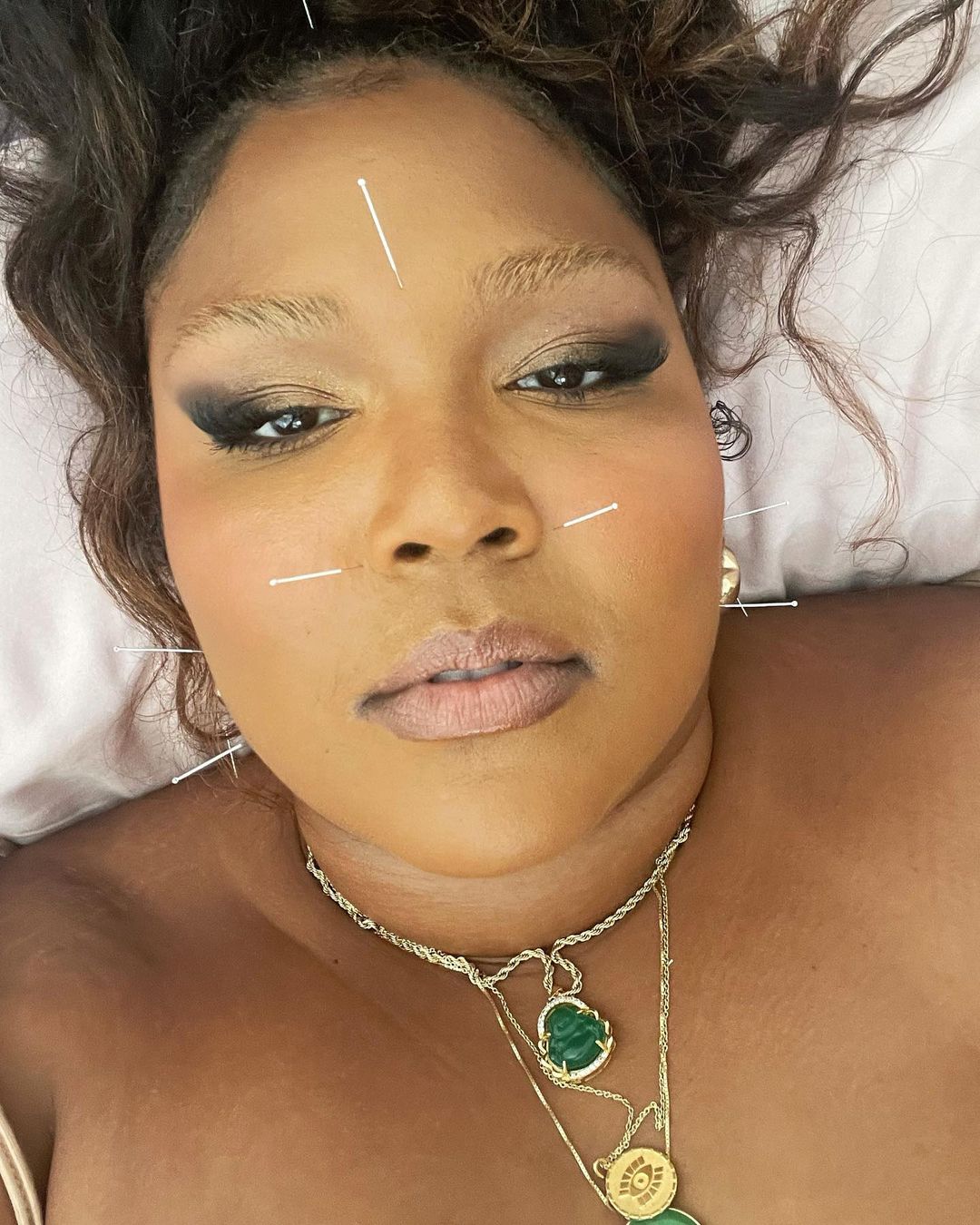
Credit: @lizzobeeating
What Is Acupuncture?
Think of it—and stay with me—like a reset of your body’s energy pathways. "Acupuncture is a technique which utilizes fine, sterile, single-use needles on specific locations of the body, known as acupuncture points. Points lay on pathways or channels of the body called meridians,” explains Wilde. "Qi, or energy, flows through these meridians and can be accessed through acupuncture points.” Essentially, as these points are activated, that energy realigns. "Acupuncture and Chinese medicine can help to identify and treat imbalances that may be contributing to pain or illness,” says Wilde. "The goal of acupuncture is to achieve balance or homeostasis. When there is disharmony within the body, pain, and disease are present.”
What Can Acupuncture Treat?
Acupuncture can help patients "with a wide range of diseases and conditions,” according to Zhu. Wilde agrees, adding that "There are hundreds of clinical studies confirming the efficacy of acupuncture for the treatment of musculoskeletal pain [such as] back pain, neck pain, and knee pain, plus migraine, anxiety and depression, digestive disorders, insomnia, fertility, endocrine disorders, and more.” Wilde also notes that "Chinese medicine is its own system of medicine. Acupuncture is just one of the tools used within Chinese medicine and can be used to successfully treat a wide variety of conditions.”

Credit: @salmahayek
What Are the Benefits of Acupuncture?
Zhu breaks it down from both modern and TCM perspectives. "In traditional Chinese medicine, the general benefits of acupuncture can be to improve the movement of qi and blood, tonify the deficiency, and improve the immune system.” Whereas in modern medicine, she explains, it’s seen to "improve blood circulation [and] stimulate the central nervous system in order to be calm and relaxed.”
In addition, Wilde says one of the body’s best-known happy chemicals plays a role. "Acupuncture causes the body to produce endorphins—the body’s natural painkillers and ‘feel good’ chemicals,” she says. "In addition to inhibiting pain perception, endorphins can also affect mood, making acupuncture great for treating anxiety and depression.”
And the more you go, the more likely you are to see results. "It is hard to predict how many acupuncture sessions it will take to treat any given condition, but acupuncture does work best as a cumulative effect,” explains Wilde. "It is unlikely that just one session will cure any ailment. It takes time for a body to get to a state of imbalance, it takes time to correct it as well.” Still, she says you may experience some relief off the bat. "Depending on the condition, I may expect some improvement with the first visit, but multiple visits really work best to achieve lasting relief.”

Credit: @jennadewan
What Are the Side Effects of Acupuncture?
It may be hard to believe, but I can tell you firsthand that acupuncture is nearly painless. "Acupuncture is considered to be a low-risk procedure. It is very safe if you have a licensed, competent practitioner,” explains Wilde. "The most common side effects with acupuncture may be soreness or in rare cases, bruising at the insertion point.”
There’s also no recovery time necessary. "Acupuncture works best as a cumulative effect, so the more acupuncture done upfront, the quicker you see results,” says Wilde, adding, "It is not uncommon for patients to come in several times a week for treatment.”
Who Is a Candidate for Acupuncture?
Due to the vast array of health issues acupuncture can address, it’s essentially universal. "Acupuncture is for everybody,” says Wilde. And because each treatment is personalized based on the patient’s concerns, things like injuries can be factored in. "Treatments are tailored to the individual so modifications can be made if necessary,” says Wilde. That said, be sure to communicate as much as possible. "It is important, however, to let your practitioner know your full health history and to make them aware of any health conditions,” explains Wilde. "For example, while it is absolutely safe for pregnant women to receive acupuncture, there are certain points that may be avoided until the patient is full term.”
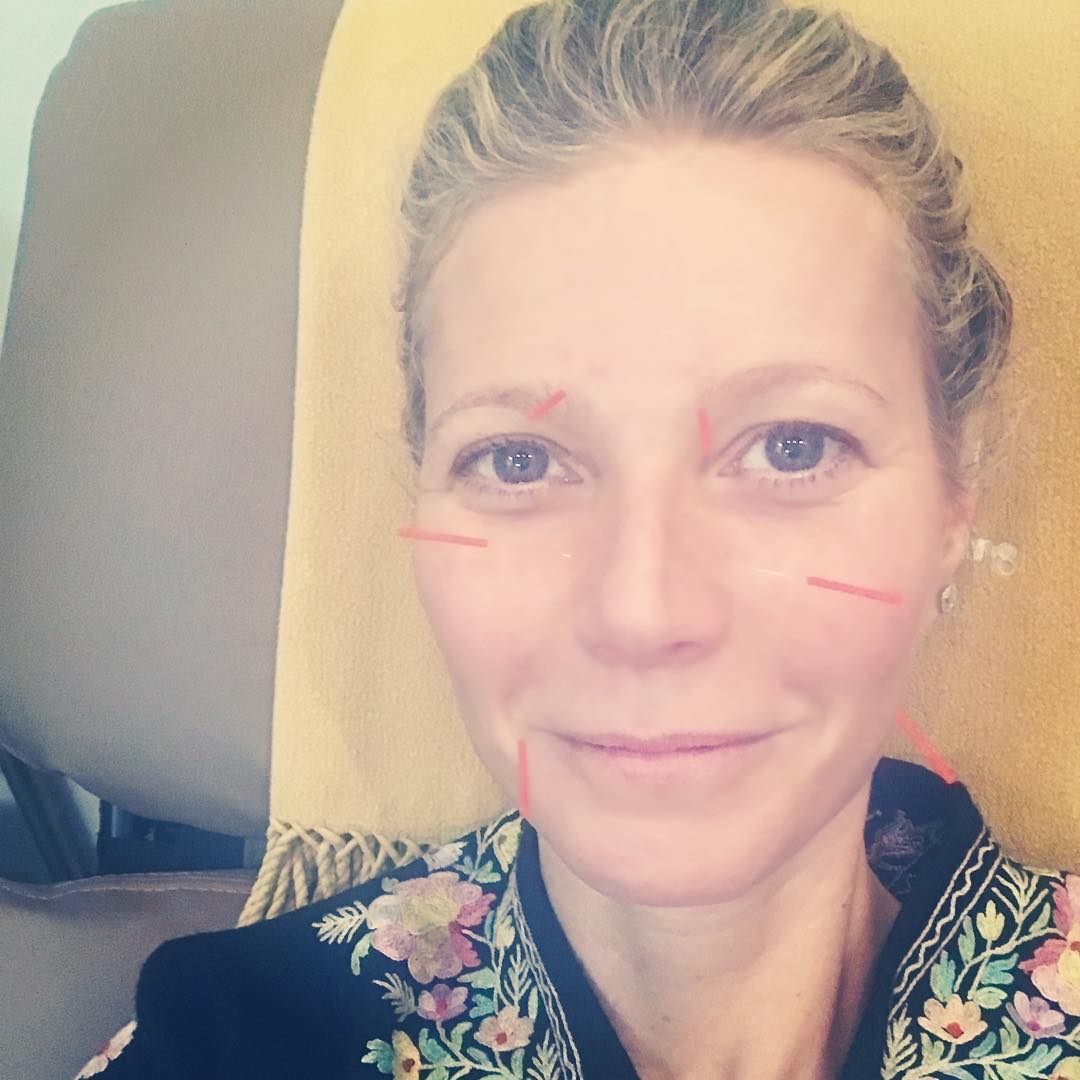
Credit: @gwynethpaltrow
What to Expect During Your First Session
First things first: Try to relax. "The first session can be nervous because people think they will be poked by a needle,” says Zhu. Be sure to tell your practitioner it’s your first time, although they will likely have a ton of questions prepped for you regardless. "A first session includes a thorough intake to discuss chief complaints and to identify any imbalances within the body,” explains Wilde. "During this intake, the acupuncturist will also feel the patient’s pulse and look at the tongue. This sounds strange but these are actually important diagnostic tools in Chinese medicine that help provide a roadmap of the patient's health.”
Once you and your practitioner have covered all your bases, you’ll lie either face down or face up (depending on what issues you’re addressing), and your acupuncturist will start to insert the needles. "Most of the time patients will feel nothing. Sometimes there can be pressure, numbness or a shooting sensation, it is all normal,” says Zhu. If anything is painful, mention it to your practitioner so they can remove the needle. Once they’ve finished (and ensured you’re comfortable), they’ll leave you to rest for 20 30 minutes. "After needles are removed, an additional modality may be used such as cupping, gua sha, massage, or moxibustion,” says Wilde.

Credit: @barrefaeli
How to Find the Right Acupuncturist
The most important thing is making sure they are licensed to practice acupuncture in your state. You can use a registry like the American Society of Acupuncturists or the National Certification Commission for Acupuncture and Oriental Medicine to find someone close to you, and you can look up reviews on Zocdoc as well. Some health insurance policies also cover acupuncture, so it’s also worth checking your provider’s own network to find a practitioner who takes your insurance. Depending on where you live and where you go, acupuncture can cost between $50 to $150+ a session, so insurance can be a big help in covering that cost.
Next: These Relaxing Yoga Poses May Actually Help You Fall Asleep Tonight
This article is provided for informational purposes only and is not intended to be used in the place of advice of your physician or other medical professionals. You should always consult with your doctor or healthcare provider first with any health-related questions.
Lindy Segal is a freelance writer, editor, and content strategist based in New York City. She's been in editorial for over eight years as a social media manager and writer covering beauty, fashion, and lifestyle at Glamour and People. These days, in addition toBest Knockoff Luxury Clothing , you can see her byline at places like Harper's Bazaar, Cosmopolitan, Ipsy, and WeWork. Both a skincare obsessive and a minimalist, she keeps her routine short, sweet, and effective—and she doesn't go a day without sunscreen. She's also deeply passionate about sustainability, and she strives to recommend products she truly believes are worth the investment.
